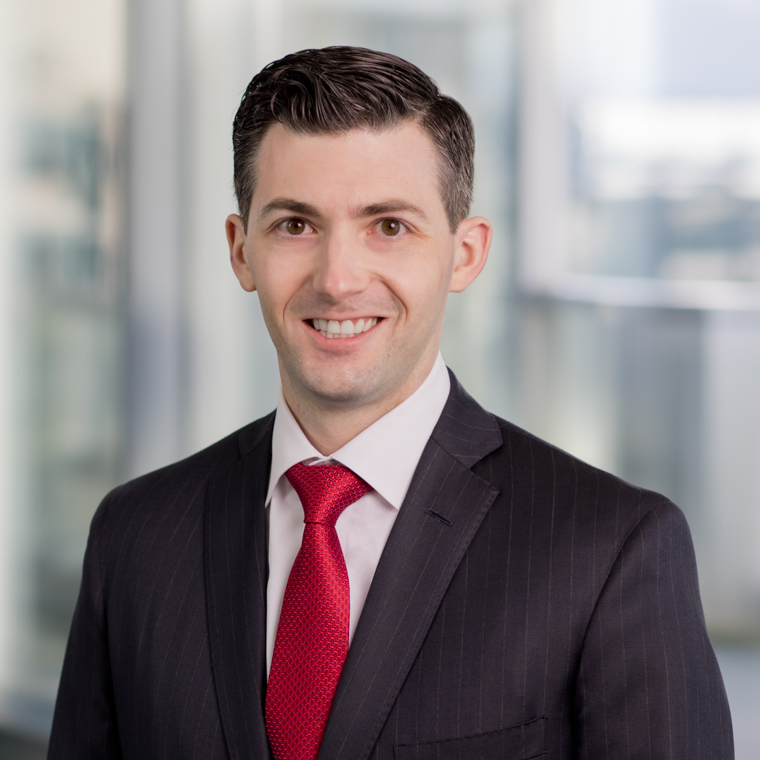The Center for Audit Quality and Audit Analytics recently released their 2016 Audit Committee Transparency Barometer. The report is based on a review of proxy statements filed through the end of June 2016 by companies in the Standard & Poor’s Composite 1500, which is comprised of companies in the S&P 500, S&P MidCap 400, and S&P SmallCap 600 indices.
In their third year of measuring audit committee proxy disclosures, the CAQ and Audit Analytics reported that, as in past years, an increased number of companies are providing voluntary, enhanced disclosures around external auditor oversight, as compared to each of the prior two years of the study. Moreover, an increasing number of companies are tailoring their enhanced disclosures to their specific companies, rather than presenting generic, boilerplate language.
Similar to last year’s report, the latest data continues to show “double-digit growth in the percentage of S&P 500 companies disclosing information in several key areas of external auditor oversight, including external auditor appointment, tenure of audit firm engagement, engagement partner selection, engagement partner rotation, and evaluation criteria of the external audit firm.” Among the trends identified, the 2016 report notes the following with respect to S&P 500 companies:
- 31% disclosed whether the audit committee discussed its considerations in appointing the external auditor, as compared to 25% in 2015 and 13% in 2014.
- 59% disclosed the length of time the auditor has been engaged, as compared to 54% in 2015 and 47% in 2014.
- 17% disclosed whether the audit committee is responsible for audit fee negotiations, as compared to 16% in 2015 and 8% in 2014.
- 34% discussed the criteria the committee considered when evaluating the audit firm, as compared to 24% in 2015 and 8% in 2014.
- 43% expressly stated that the audit committee is involved in the selection of the audit engagement partner, as compared to 31% in 2015 and 13% in 2014.
- 39% stated that the engagement partner rotates every five years, as compared to 26% in 2015 and 16% in 2014.
Increases were not identified for all enhanced disclosures, however, with a year-over-year decline identified for two disclosures among S&P 500 companies:
- 9% included a discussion of how audit fees relate to audit quality in 2016, as compared to 10% in 2015 and 13% in 2014.
- 0% disclosed significant areas addressed with the auditor in 2016, as compared to 1% in 2015 and 3% in 2014.
In addition, trends with respect to certain enhanced disclosures reversed in 2016. While fewer S&P 500 companies explained changes in fees paid to external auditors in 2015 than in 2014 (25% as compared to 28%), that percentage increased above 2014 levels during 2016 to 34%. Similarly, more S&P 500 companies discussed how non-audit services may impact auditor independence in 2016 than in 2015 (81% as compared to 78%), though this still reflects a decline from 83% reported in 2014.
Overall, trends generally remained consistent with those identified in prior years and are consistent with findings by the EY Center for Board Matters, which has tracked audit committee reporting trends among Fortune 100 companies since 2012. Looking across the three S&P indices, as in past periods, the percentage of companies providing enhanced disclosures tended to decrease when moving from larger to smaller indices. Still, year-over-year changes have tended to move in the same direction for each of the three indices, though the magnitude of the change varied by index.
With investors and regulators continuing to focus on the role of the audit committee, increases in the number of audit committees providing enhanced disclosures demonstrate support for a voluntary disclosure regime that several commenters suggested in response to the SEC’s 2015 Concept Release on possible revisions to audit committee disclosures (see this previous post). Based on remarks made in September by Wesley R. Bricker, SEC Interim Chief Accountant, the SEC recognizes that “boards, audit committees, and companies are providing additional disclosure voluntarily” and is “monitoring this and encouraged by what [it is] seeing.”
As the 2017 proxy season approaches, audit committees should continue to consider trends in enhanced audit committee disclosure among their peers, particularly with respect to disclosures related to the oversight of the external auditor. When evaluating whether to provide enhanced disclosures, audit committees should consider ways to tailor enhanced disclosures to their particular company and the placement of such disclosures in their company’s proxy statement.
